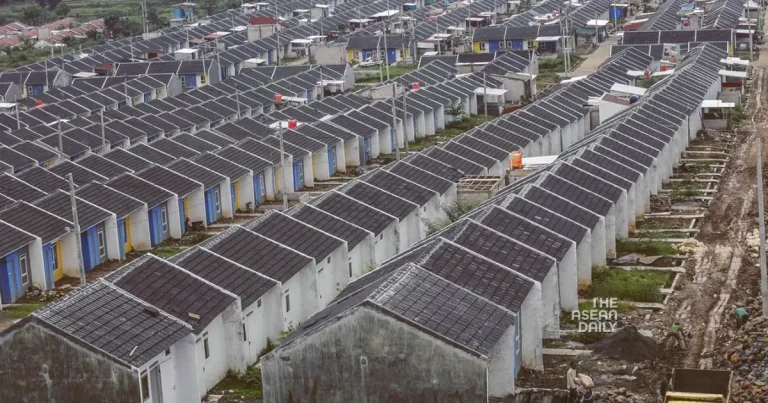29-5-2024 (JAKARTA) A recent move by the Indonesian government to mandate compulsory contributions to the Public Housing Savings Fund, known as BP Tapera, has sparked widespread criticism and opposition from workers and employers alike. President Joko Widodo signed the Government Regulation on the Implementation of Tapera into law on May 20, requiring private-sector and self-employed workers, including foreign nationals, to contribute 3 percent of their salaries to the fund.
The policy, which previously applied only to civil servants since 2016, now encompasses a broader range of employees aged 20 years and older, or those who are married and earning at least the minimum wage. This includes civil servants, military and police personnel, state-owned enterprise employees, private sector employees, and foreign nationals working in Indonesia for a minimum of six months.
Under the new regulation, employees will contribute 2.5 percent of their salaries, while their employers will foot the remaining 0.5 percent. Self-employed workers or freelancers, on the other hand, will bear the entire 3 percent contribution.
The decision has drawn sharp criticism from the Indonesian Employers’ Association, which has voiced concerns over the added financial burden on businesses and workers alike. In a statement released on Tuesday, the association stated that the move is “burdensome” for both parties and suggested drawing funds from existing social security and old-age security contributions instead.
On social media platforms, the hashtag #Tapera has been trending as Indonesians vent their frustrations and confusion over the regulation. Many perceive it as an additional forced deduction from their already strained monthly salaries.
Muhammad Gilang Toni, a 33-year-old freelance translator, expressed his dismay at the regulation, questioning why lower-income freelancers like himself should contribute to the fund when they are already burdened with contributions for social health insurance, social security, and personal housing savings.
Similarly, 34-year-old content marketing manager Anne Saraswati, who is currently servicing a mortgage for her home in South Tangerang, feels that compulsory contributions to Tapera are unfair, given her existing financial commitments.
Amidst the backlash, Minister of Public Works and Public Housing Basuki Hadimuljono has defended the policy, stating that Tapera is a savings program and not a salary cut, as reported by news outlet Kompas.
BP Tapera commissioner Heru Pudyo Nugroho further clarified that the changes aim to “enhance the effectiveness and accountability of Public Housing Savings management,” emphasizing that participants will receive their savings with interest upon the conclusion of their participation.
The fund aims to improve access to housing for lower-income groups through various financing schemes, including loans with below-market interest rates for home ownership, construction, and renovation. Eligible participants with monthly incomes below IDR8 million (approximately US$562) in most regions, or IDR10 million in Papua province, can benefit from these initiatives.
Additionally, BP Tapera funds the development of housing units through the House Financing Liquidity Facility, with nearly 73,000 housing units across over 8,000 housing estates already financed as of May 8, according to the fund’s website.
As the government moves forward with the implementation of the policy, employers have until 2027 to register their workers with BP Tapera. The fund aims to enroll 13 million participants by the end of this year, with total assets managed by the conventional Tapera fund already reaching IDR7.23 trillion (approximately US$504 million) as of December 18, 2023, derived from 3.07 million participants.
While the government maintains that the policy aims to promote access to affordable housing, the backlash highlights the concerns of workers and employers grappling with rising costs and financial burdens.




